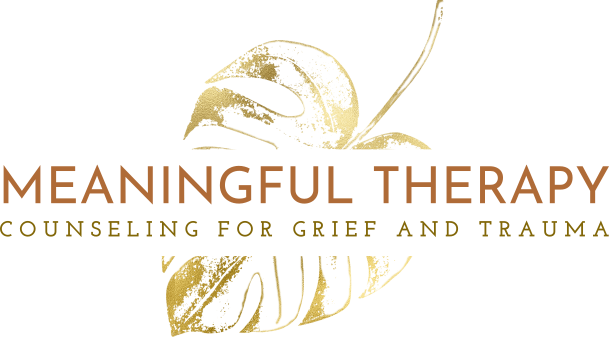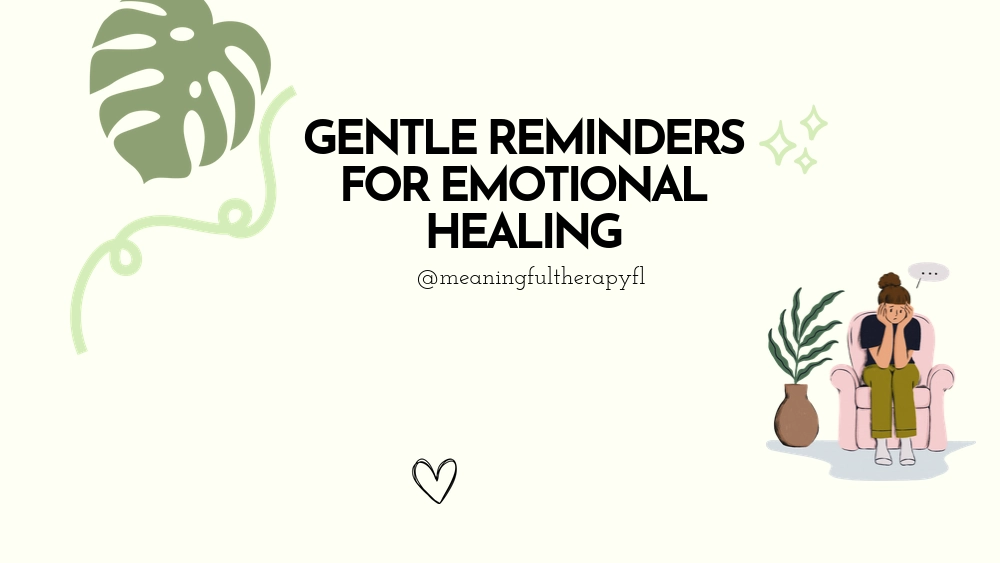Grief isn’t always about losing a loved one. Sometimes, it’s about losing a part of yourself—your culture, your sense of belonging, or even your faith community. If you’ve ever felt the deep ache of being disconnected from your roots or struggled to find your place between two worlds, you’re not alone. Let’s explore these unique forms of grief and how they might be affecting you more than you realize.
Disenfranchised Grief: When Your Pain Feels Invisible
Disenfranchised grief is the kind of sorrow that doesn’t always get recognized or validated by others. Maybe you’re mourning the end of a relationship, the loss of a job, or the distance from your homeland, but people around you expect you to “move on” quickly because “it’s not that serious.” This can make you feel isolated, like your pain doesn’t matter.
But grief isn’t limited to death. Losing your connection to cultural traditions, facing estrangement from your family, or dealing with painful experiences in your faith community can leave emotional scars that are just as deep. You deserve the space to grieve these losses, even if others don’t fully understand them.
Ambiguous Grief: Mourning What’s Still There
Ambiguous grief is the heartache that comes from losses that are unclear or incomplete. You might feel this when you’re physically separated from loved ones but still emotionally connected, like when you’ve moved to a new country or become estranged from family members. It could also stem from watching a loved one change due to illness, addiction, or other life circumstances.
This type of grief is complicated because there’s no closure—the person, place, or thing you’re grieving isn’t entirely gone, but it’s not fully there either. It can leave you stuck in a loop of hope and sadness, unsure of how to move forward.
Cultural Struggles: Torn Between Two Worlds
If you’re a first- or second-generation American, you might feel like you’re walking a tightrope between your family’s cultural expectations and the life you want to create for yourself. Maybe you’re trying to honor your heritage while navigating the pressures of fitting into a different society. Or perhaps you’re dealing with ‘church hurt’—painful experiences within your faith community that have shaken your spiritual foundation.
These struggles can create inner conflicts that leave you feeling lost, misunderstood, or even guilty for wanting something different. You might wonder if you’re betraying your roots by setting boundaries or choosing a new path. But honoring your culture doesn’t mean sacrificing your well-being. It’s possible to find a balance that respects where you come from while embracing who you are becoming.
You Deserve Support on This Journey
Grief, in all its forms, can feel overwhelming—especially when it’s tangled up with cultural identity, family expectations, or spiritual wounds. But you don’t have to navigate this alone. I’m here to provide a compassionate, understanding space where you can explore your grief, process your emotions, and begin to heal.
Whether you’re dealing with the loss of a relationship, feeling the weight of cultural pressures, or struggling with faith-related wounds, together we can work towards finding clarity, peace, and a renewed sense of self.
Take the First Step
If you’re ready to explore your challenges and begin your healing journey, I’d be honored to walk alongside you. Reach out today to schedule your session and start moving forward. I also offer a 15-minute free consultation to help you decide if we’re the right fit.
You deserve to feel seen, heard, and supported—let’s take this step together.



